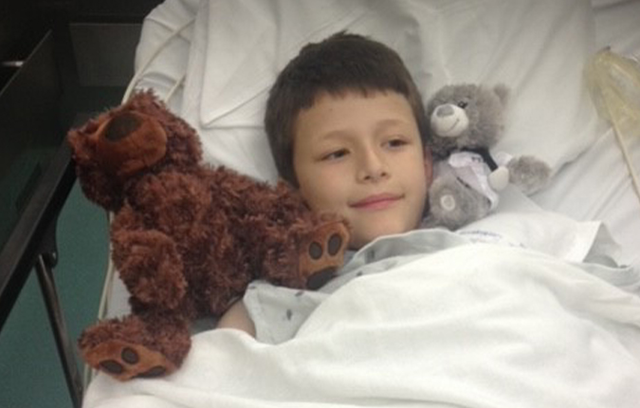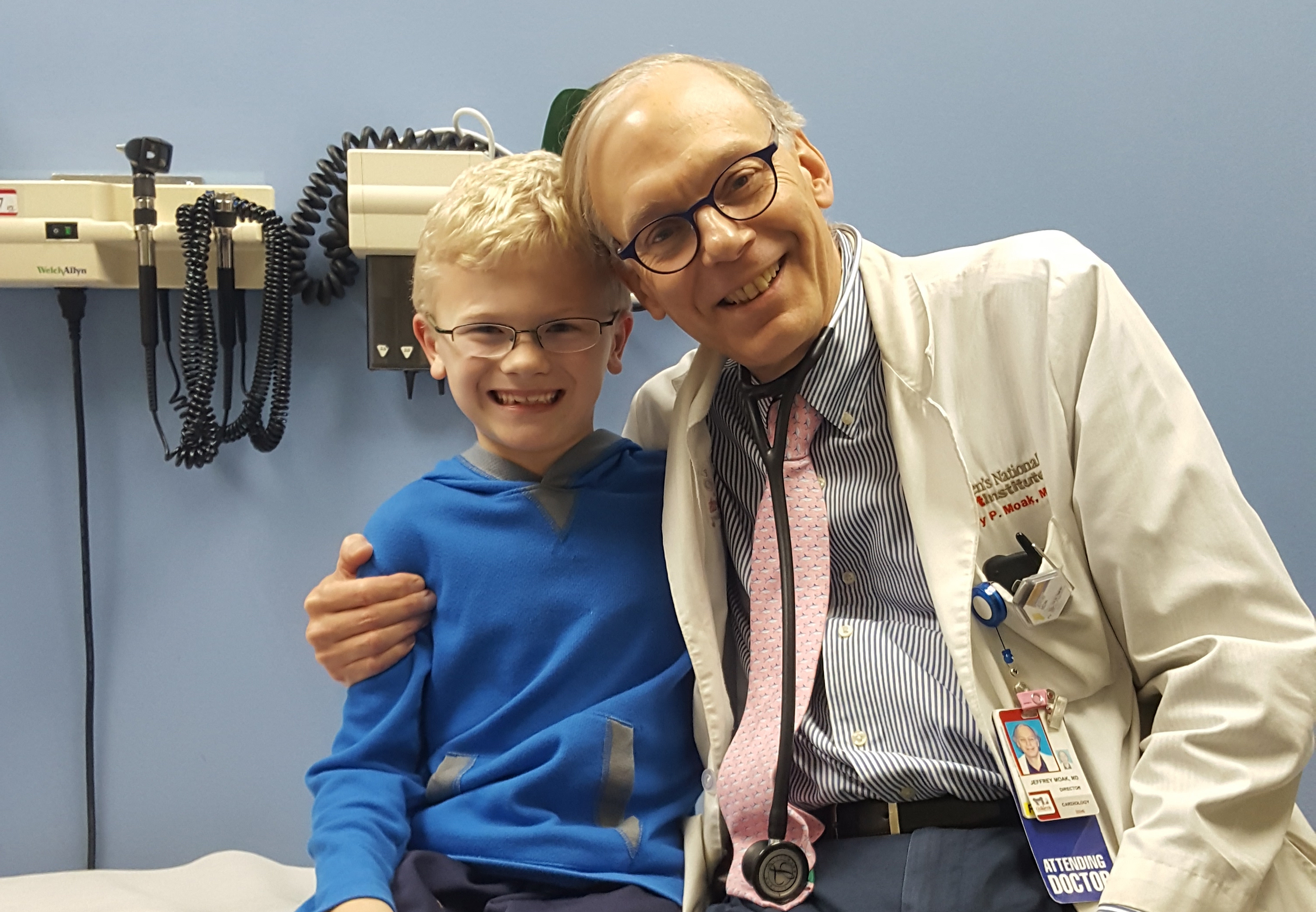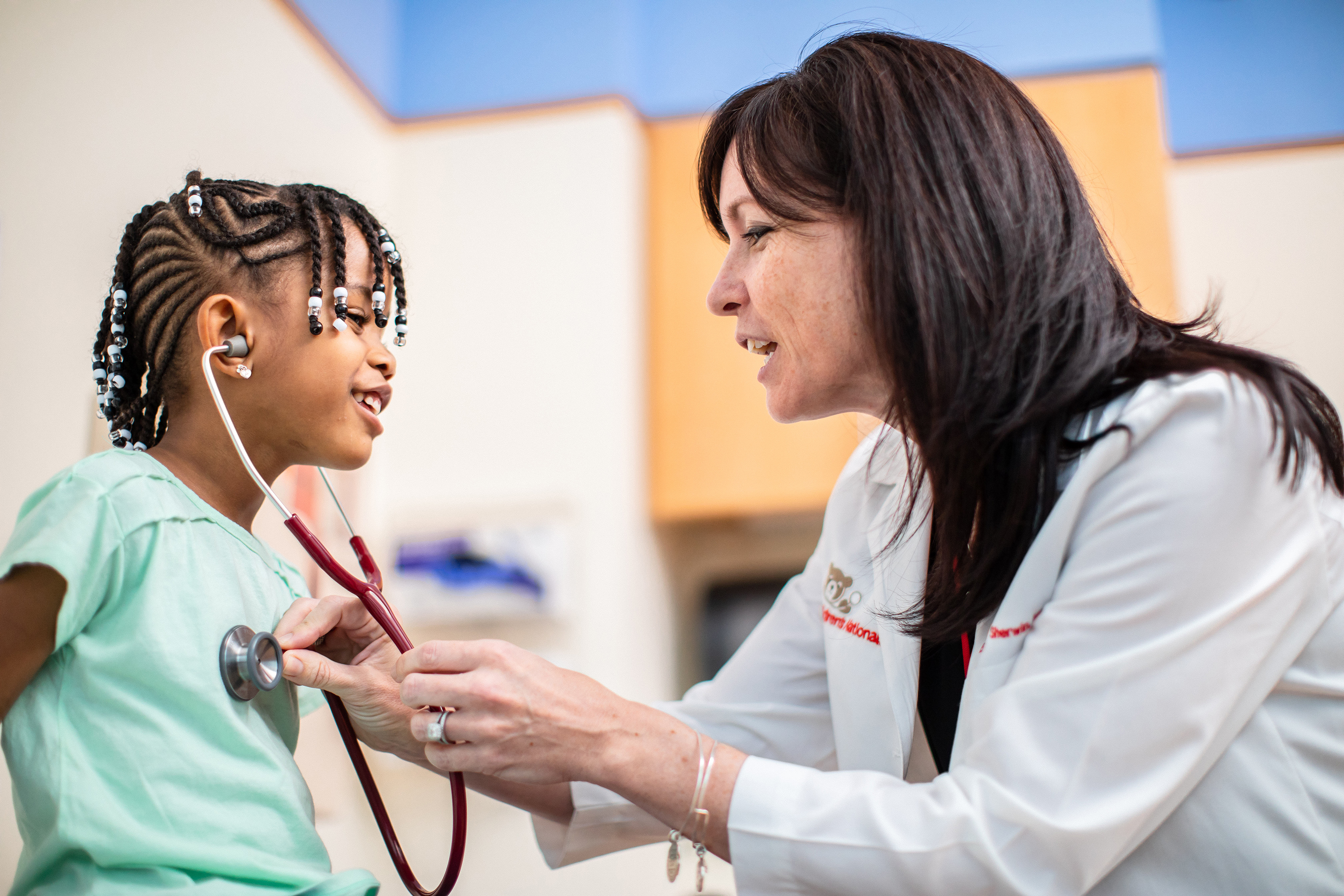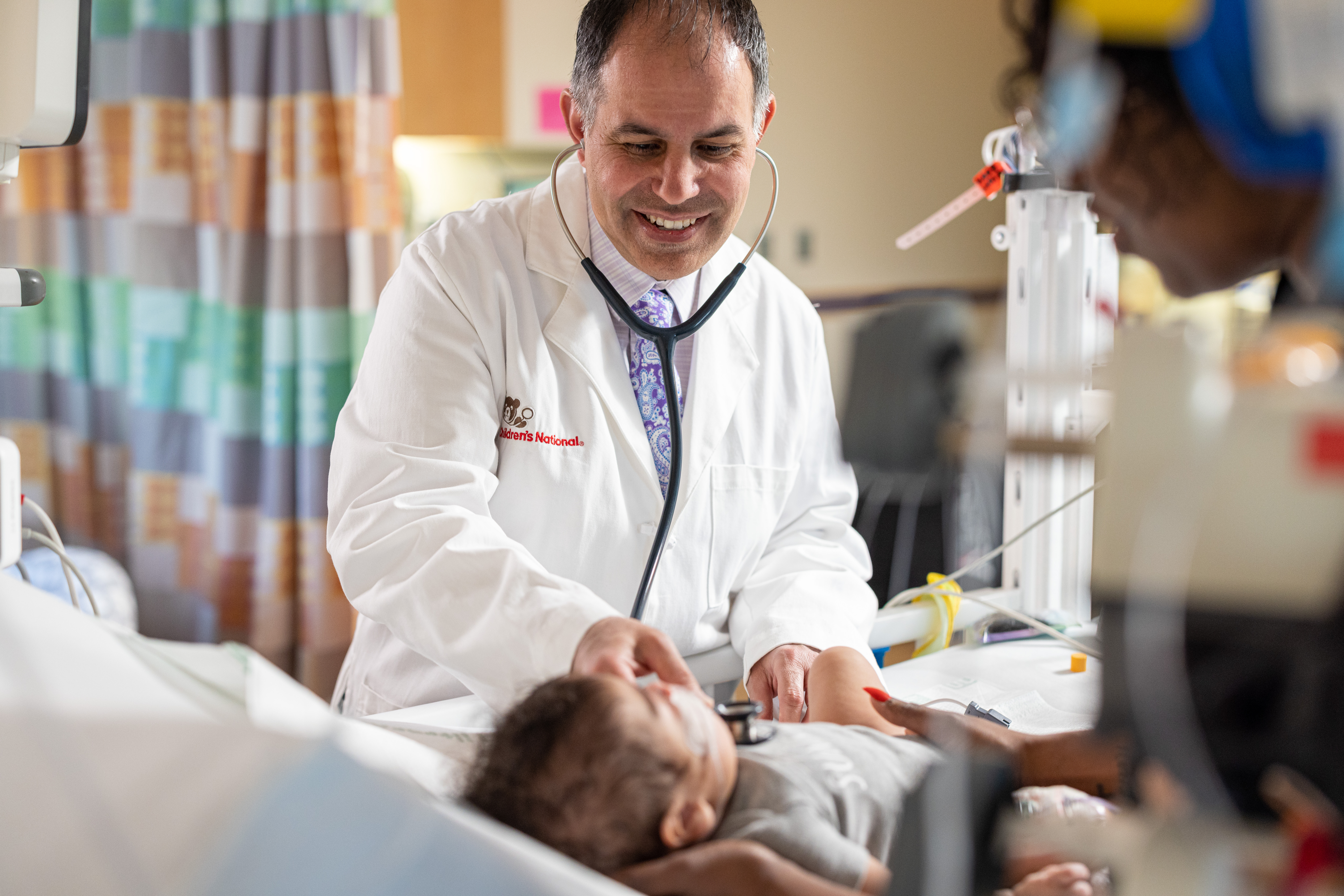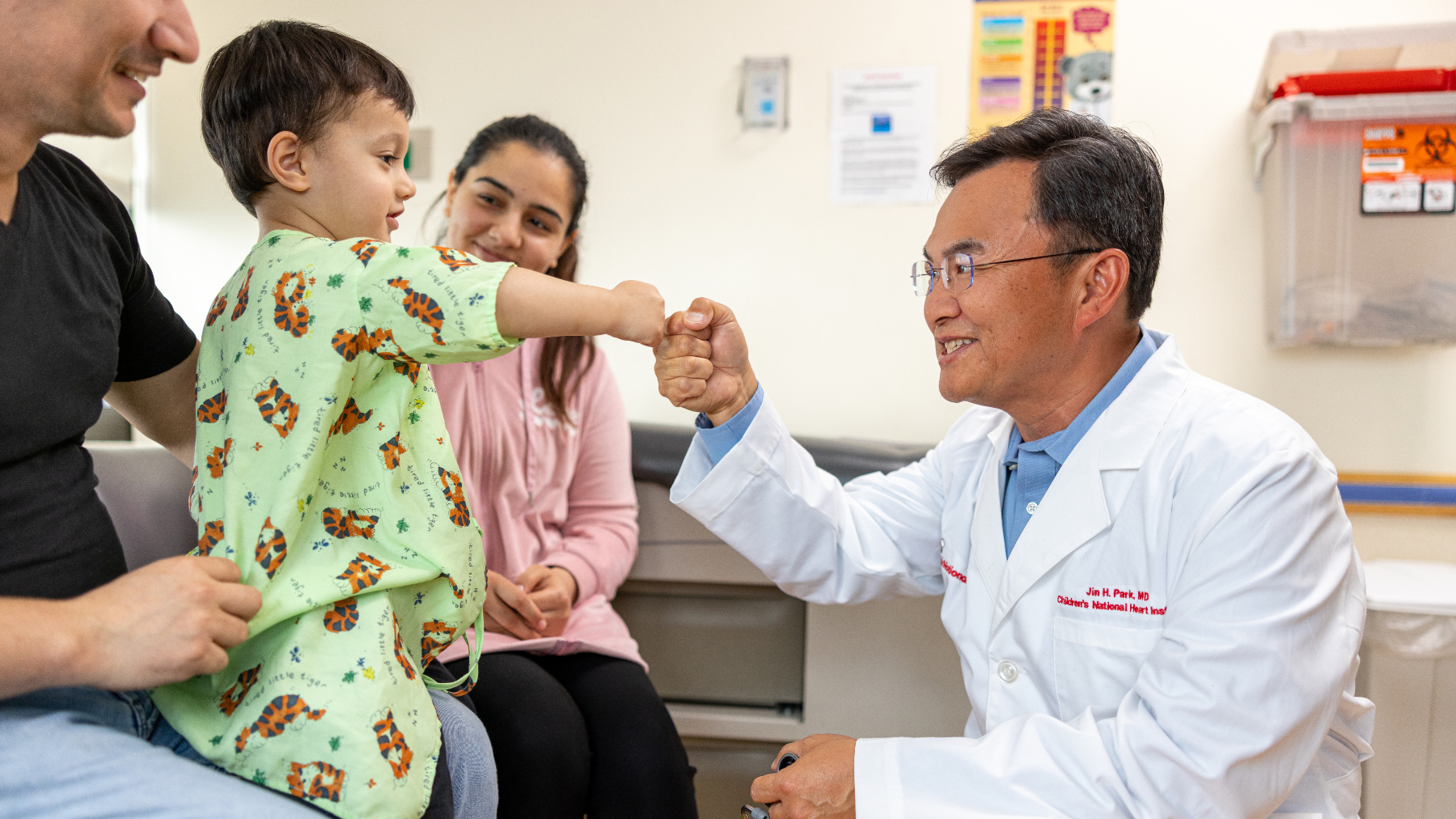Condition
Pediatric Arrhythmia
What You Need to Know
An arrhythmia is an abnormal heart rhythm. It may be a heart rate that is too fast, too slow or irregular.
Key Symptoms
A child with an arrhythmia may not have any symptoms. For those who do, the most common symptoms are:
- Feeling tired or weak
- Feeling like the heart is fluttering (heart palpitations)
- Low blood pressure
- Feeling dizzy
Diagnosis
Doctors typically diagnose arrhythmia by:
- Electrocardiogram (ECG)
- Holter monitoring
- Electrophysiologic study (EPS)
- Tilt table test
- Echocardiography (echo)
- Implanted loop recorder
- MRI
Treatment
Treatment will depend on your child’s symptoms, age and general health. Treatment may include:
- Medicines
- Radiofrequency ablation
- Surgery
- Pacemaker
- Implantable cardioverter defibrillator (ICD)
- Electrical cardioversion
Schedule an Appointment
Our pediatric specialists provide personalized care for your child’s physical, mental and emotional health needs. Meet our providers and schedule an appointment today.
Frequently Asked Questions
What are arrhythmias in children?
What causes arrhythmias in a child?
What are the symptoms of an arrhythmia in a child?
How is an arrhythmia diagnosed in a child?
How is an arrhythmia treated in a child?
What are possible complications of an arrhythmia in a child?
How can I help my child live with an arrhythmia?
When should I call my child's healthcare provider?
Meet the Providers Who Treat Arrhythmia
Departments that Treat Arrhythmia

Cardiogenetics Program
We help families with known or suspected inherited heart diseases receive early detection and treatment. Learn more about our Cardiogenetics Program.

Help Kids and Make a Difference
Invest in future cures to help children have brighter futures.






